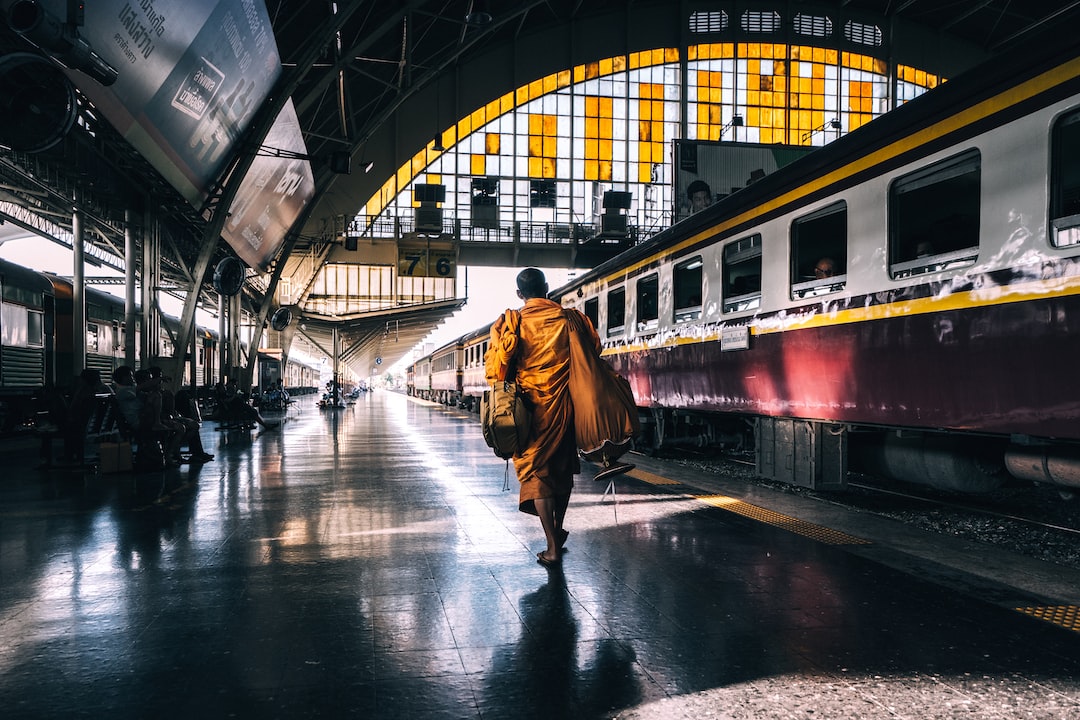Music and visual arts are an integrative part of human culture, and both these art forms have influenced and inspired each other throughout history. The impact of music on visual arts is a fascinating aspect, and the creative connection between them reflects the changing social, cultural, and intellectual contexts.
The relationship between music and visual arts dates back to ancient times. For instance, ancient Egyptian art depicted musicians and singers, emphasizing the importance of music in their society. Some ancient Greek pottery depicted musicians playing instruments, showing the role of music in religious and social events. Similarly, Indian art has also portrayed music and dance as an inseparable part of the culture.
As time progressed, the influence of music on visual arts became more apparent. The Impressionists, for instance, drew inspiration from music in creating their artwork. They were fascinated by how music uses sound to create a feeling, and they wanted to apply this idea in their paintings. As a result, their art features a sense of atmospherics that is much like the mood created by music.
Moreover, in the 20th century, music had a significant impact on several art movements, including Surrealism and Abstract Expressionism. The Surrealists, in particular, were inspired by the concept of automatic writing and the spontaneity of jazz music. They felt that improvisational music like jazz had the same aspect of unpredictability and surprise, which they depicted in their artworks.
In addition to the influence of music on the creative process, music has also had a direct impact on the visual arts in terms of design and composition. In architecture, for instance, the design of concert halls and other music-related buildings has been influenced by the way sound travels in a given space. Similarly, graphic design and advertising have also been influenced by music, with many designers taking inspiration from album art.
The impact of music on visual arts continues to evolve, with new forms of creative integration emerging. Some artists are playing with the idea of synesthesia, a rare condition in which a sensory input in one modality triggers an automatic sensory experience in another. For example, some artists create visual displays that respond to sound or music, using technology to create a multi-sensory experience for the viewer.
In conclusion, music has had a profound impact on visual arts, inspiring artists to create unique and emotive artworks. The connection between music and visual arts speaks to the power of creativity and how it connects different art forms. It is exciting to see how this relationship will continue to evolve in the future, as artists explore new ways of integrating music and visual arts.

